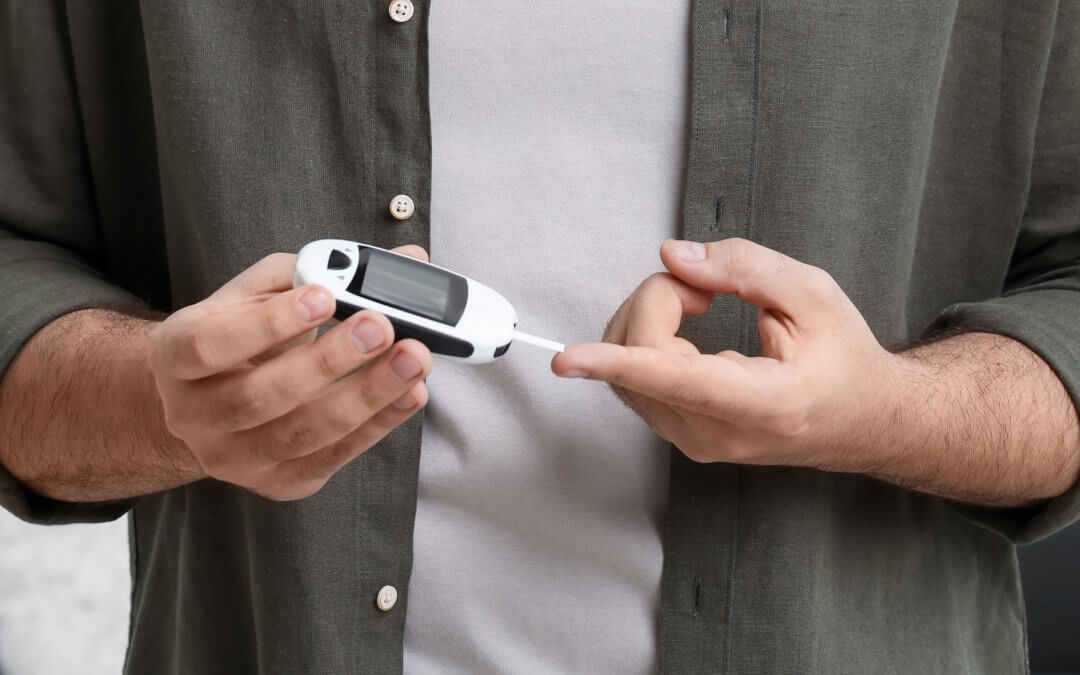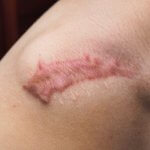Managing type 2 diabetes can be a daily challenge, and scientists are always looking for better ways to help patients suffering from the condition. One such area of study is regenerative medicine, more specifically cellular therapy, with researchers investigating potential methods of managing type 2 diabetes with stem cells. A recent retrospective study offers new insights on how mesenchymal stem cells derived from umbilical cord tissue (UC-MSCs), specifically, could provide health improvements for patients.
What is type 2 diabetes?
In type 2 diabetes, either the body is unable to make enough insulin or the insulin it does produce does not work properly. Insulin is a hormone that helps cells use sugar for energy. When there isn’t enough of it, or it doesn’t work properly, sugar accumulates in the blood instead.
Over time, high blood sugar levels can cause damage to many parts of the body. This can include problems with the heart and blood vessels; kidney disease; nerve damage; and eye damage, including blindness.[1][2]
Treatment for type 2 diabetes is currently limited to lifestyle changes, such as healthy eating and weight loss, as well as medication to help control blood sugar levels.[3][4] Although these can be effective, using them to keep on top of blood sugar levels long term can be tricky, and most patients will eventually need insulin therapy.[5] In other words, there remains an unmet need for therapies that simplify long-term management of the disease.
How could cord tissue stem cells help?
In the quest for new treatments, mesenchymal stem cells (MSCs) have gained considerable attention. MSCs possess unique properties, including the ability to self-renew and differentiate into various cell types, and they have low immunogenicity, meaning they are less likely to be rejected by the body. They also release beneficial factors that can help regenerate damaged cells and tissues.
Among different sources, human umbilical cord-derived mesenchymal stem cells (UC-MSCs) have emerged as a preferred choice for MSC-based therapies. UC-MSCs are considered more primitive and possess properties between embryonic and adult stem cells. They exhibit a higher proliferation rate and enhanced self-renewal capacity. What’s more, they have stronger regenerative and anti-inflammatory potential. These favourable properties position UC-MSCs as a promising approach for various diseases, including diabetes.[5]
What did the study find?
The study is a retrospective analysis of a cohort of type 2 diabetic patients who underwent UC-MSC treatment in several medical centres in Malaysia between 2014 and 2022. Researchers aimed to identify whether infusions of UC-MSCs could improve various health markers related to diabetes, including long-term blood sugar levels (HbA1c), inflammation, liver and kidney function, and cholesterol, as well as levels of insulin and how well the body responded to it. Study data included 218 patients who had a follow-up after 6 months, and 83 patients who had a follow-up after a year.
Results of the analysis show that the UC-MSCs infusions were safe, with no negative side effects reported. Patients in both follow-up groups showed significant improvements in their HbA1c levels, meaning their long-term blood sugar control got better. Levels of insulin and insulin resistance also significantly decreased in the 6-month follow-up group. Liver inflammation markers decreased in the 6-month follow-up group; furthermore, inflammation was found to have significantly decreased among patients in the 12-month follow-up group who had higher baseline inflammation. Lastly, the renal function of patients in the early stages of chronic kidney disease also showed improvement.
The study’s encouraging results are somewhat tempered by its inherent limitations. Due to the retrospective design, some information might have been missing, and different patient groups were looked at for different time points. There was no control group, which makes it harder to be sure that the observed effects were due to the treatment. Furthermore, other factors, such as lifestyle changes or medication, may also have influenced the outcome. Lastly, because the study focused on patients in certain areas of Malaysia, the results may not apply to all patients around the world with type 2 diabetes.
Protecting the future, today
Further investigation is needed, according to the study authors, to conclusively determine the effectiveness of UC-MSCs for managing type 2 diabetes. Still, there is a growing body of work suggesting that these powerful stem cells could prove to be an effective treatment.[6][7][8][9] If you’d like to learn more about the potential of cord tissue stem cells, as well as other rich sources of stem cells such as the cord blood and placenta, fill in the form below to request your free guide.
References
FIND OUT MORE, REQUEST YOUR WELCOME PACK TODAY
All you need to know to make an informed decision.
Provide your contact details to request:
– Complete Welcome Pack and Parent’s Guide
– Information via email
– Contact from our specialist advisors









